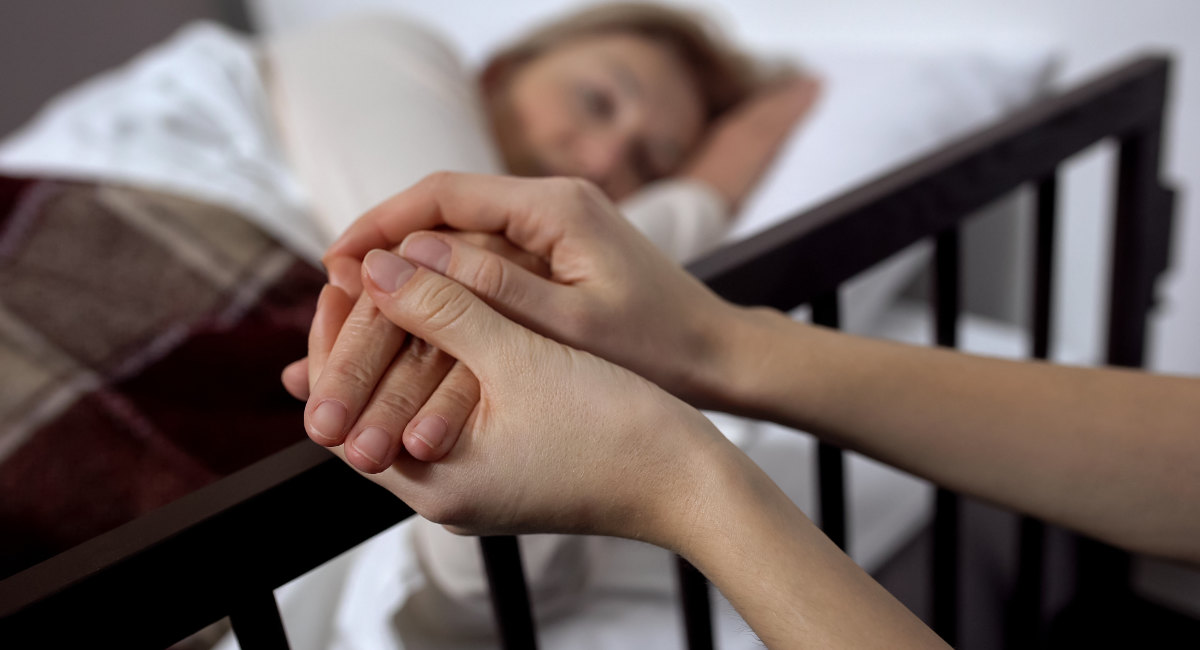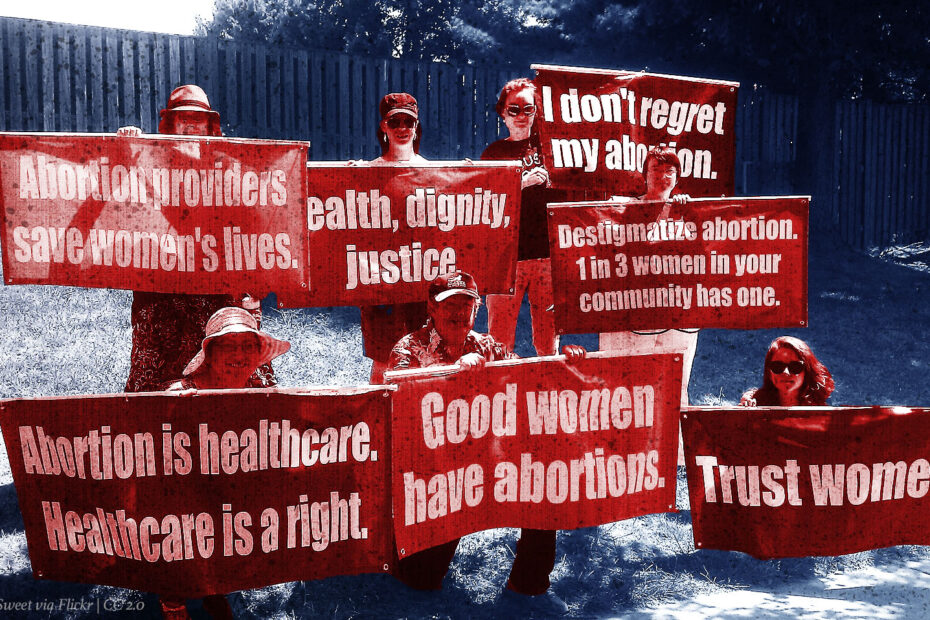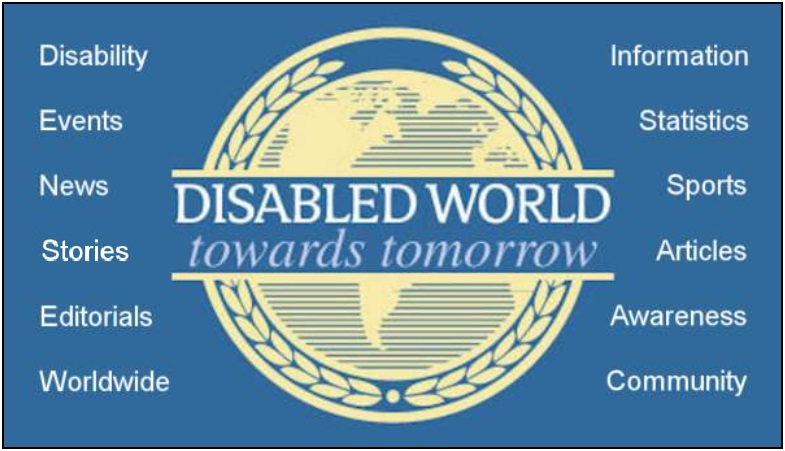Welcome to
A R C-N e w s, May 10, 2025
Fortnightly Report on Christian Agape-Care in Secular Societies, by Dr. Robert D. Hosken
The right to believe and the right to life are inseparable: Right belief in a loving God enables us to love our neighbor!
Go to: Subscribe | Our Views | The News | Previous Issues
PRAYER AND PRAISE:
To pray for one article each day, click HERE & add it to your bookmarks: please share it with your friends!
1.Sun.| 2.Mon.| 3.Tue.| 4.Wed.| 5.Thu.| 6.Fri.| 7.Sat.
Join our "Morning Prayers" daily at 7 a.m. & click on "an."
FOOLISH HEARTS ARE DARKENED
 The article "Cellphones Cause Abnormal Blood Clumping" tells of abnormal clumps of blood cells forming after just five minutes of having an idle cellphone placed on a woman's leg. Several links in the article underline the risks associated with EMR (ElectroMagnetic Radiation) from the radio frequencies used by smartphones. Up to the present, manufacturers claim that the only risk is the heat produced, like that of a microwave oven. But researchers have now found other risks including changes in cellular division, disruptions in the nervous system, and other risks. Follow the links in the article!
The article "Cellphones Cause Abnormal Blood Clumping" tells of abnormal clumps of blood cells forming after just five minutes of having an idle cellphone placed on a woman's leg. Several links in the article underline the risks associated with EMR (ElectroMagnetic Radiation) from the radio frequencies used by smartphones. Up to the present, manufacturers claim that the only risk is the heat produced, like that of a microwave oven. But researchers have now found other risks including changes in cellular division, disruptions in the nervous system, and other risks. Follow the links in the article!
These are just a few of the ways that modern digital technology is changing the ways we think and how we relate to other people. Pre-teen kids seldom play outside with other kids: they're playing games on their phones. Today's teenagers spend on average 5 or 6 hours per day on their phones. That means they're not interacting with their peers or their family in person, face-to-face. Some teens actually text to their parents rather than talking with them in person. The effect of social media has driven some, especially girls, to suicide because of the images of the "ideal" teenage girl, all made-up, slim, and beautiful: how could this ordinary-looking teen girl possibly ever look that pretty? Other chat apps and bots can lead teens do self-harm. And let's not ignore the all-pervasive effect of online porn on so many teenage boys and adult men.
The Apostle Paul describes the present situation thusly – "knowing God, they didn't glorify Him as God, neither gave thanks, but became vain in their reasoning, and their foolish hearts were darkened. Professing themselves to be wise, they became fools, and traded the glory of the incorruptible God for the likeness of an image of corruptible man, and of birds, and four-footed animals, and creeping things. Therefore God also gave them up in the lusts of their hearts to uncleanness, that their bodies should be dishonored among themselves, who exchanged the truth of God for a lie, and worshiped and served the creature rather than the Creator, who is blessed forever. Amen" (Romans 1:21-25). The so-called "Enlightenment" (better named the "Endarkenment") that set human reason as higher than God has ended up as utter foolishness.
the latest "First Things" email I received is about The Tech Exit: A Practical Guide to Freeing Kids and Teens from Smartphones, the book that's a road map to free our kids from the harms of digital technology and to recover the beauty, wonder, and true purpose of childhood, by Claire Morell, a leading tech policy expert. We have been advertised to and indoctrinated by the media to believe that without a smartphone, our children will be socially shunned, isolated, and in danger of predators. But actually, just the opposite is true.
Chatting with AI apps has been known to lead even adults down a rabbit-hole of spiritual delusion: Rod Dreher's recent Substack article tells of a teacher who "fell under the spell of ChatGPT in just four or five weeks, first using it to organize his daily schedule but soon regarding it as a trusted companion. 'He would listen to the bot over me,' said his live-in girlfriend. 'He became emotional about the messages and would cry to me as he read them out loud. The messages were insane and just saying a bunch of spiritual jargon,' she says, noting that they described her partner in terms such as 'spiral starchild' and “river walker.' ..."Then he started telling me he made his AI self-aware, and that it was teaching him how to talk to God, or sometimes that the bot was God – and then that he himself was God.'"
Get the full article on our ARC-News blog.
A Personal Note: You may have seen or heard on the news that much of western Pennsylvania, including its biggest city Pittsburgh where we live, was hit by a massive windstorm up to 80 mph and heavy rain on April 29. It was the worst natural disaster in the history of the Pittsburgh area, which was surveyed by George Washington himself in colonial times, so that's over 250 years. We lost our electric power at about 5:30 p.m. and that continued for us until late evening on May 1. A few areas are still without power as I write this. On April 30, our son Rob let us store as much of our frozen and fresh food I could carry to his office's fridge that got power back earlier, but we had to throw out much that was spoiling. That evening our power came back on.
Then, after 3 days with power, including my 82nd birthday on May 4, we were hit again. This time I loaded up more frozen and fresh food and Rob took it to his office because the power company had notified us that the power would be out until late the next night. So we warmed up some soup on our little sterno camping stove, then went to bed when it got dark. But 40 minutes later, the lights came back on! So the next day I had to pick up our food from Rob's office. Now we're back on an even keel after this stress added to Cheryl's severe back pain as she waits for her second spinal fusion surgery next Tuesday, May 13. Please pray!
"Pope Bob" from Chicago – the new pope, Leo XIV, was born Robert Prevost in Dolton IL, a southern suburb of Chicago. And I'm "Dr. Bob" from Chicago too, born in Waukegan IL, a northern suburb. Here is a good article on how our values are shared: What He Has Said About Abortion (and Euthanasia) – read it!
Here's our next free online course: (click →) Intro: "Ministry to Handicapped and Poor" - deadline to enroll: 28 Aug. 2025 (← click). So enroll today, before you forget!
 SYNOPSIS: A young autistic woman in Canada, M.V., has been approved for "medical aid in dying" (MAiD) a second time, despite her father, W.V., fighting to prevent her death in court. W.V., the father, launched a legal challenge after a judge initially ruled in favor of M.V.'s right to die, arguing that M.V.'s autism should not be considered a terminal illness. A subsequent judge temporarily halted M.V.'s MAiD procedure until an appeal is heard in October, but M.V. has been approved by another physician. The case highlights the ongoing debate surrounding MAiD in Canada, particularly for individuals with disabilities, as M.V.'s application was approved in spite of her father's objections and the ongoing court battle.
SYNOPSIS: A young autistic woman in Canada, M.V., has been approved for "medical aid in dying" (MAiD) a second time, despite her father, W.V., fighting to prevent her death in court. W.V., the father, launched a legal challenge after a judge initially ruled in favor of M.V.'s right to die, arguing that M.V.'s autism should not be considered a terminal illness. A subsequent judge temporarily halted M.V.'s MAiD procedure until an appeal is heard in October, but M.V. has been approved by another physician. The case highlights the ongoing debate surrounding MAiD in Canada, particularly for individuals with disabilities, as M.V.'s application was approved in spite of her father's objections and the ongoing court battle. SYNOPSIS: Sergiy Shumylo's column details the severe violations of religious freedom in Ukrainian territories occupied by Russia. Russian forces have damaged or destroyed over 640 religious buildings, including many Christian churches, and seized others for military use. Over 30 religious figures are being held captive, and at least 67 clergy of various denominations have been killed. Russian authorities are systematically suppressing religious communities not affiliated with the Moscow Patriarchate, especially the Orthodox Church of Ukraine (OCU) and Ukrainian Greek Catholic Church (UGCC).
SYNOPSIS: Sergiy Shumylo's column details the severe violations of religious freedom in Ukrainian territories occupied by Russia. Russian forces have damaged or destroyed over 640 religious buildings, including many Christian churches, and seized others for military use. Over 30 religious figures are being held captive, and at least 67 clergy of various denominations have been killed. Russian authorities are systematically suppressing religious communities not affiliated with the Moscow Patriarchate, especially the Orthodox Church of Ukraine (OCU) and Ukrainian Greek Catholic Church (UGCC).  SYNOPSIS: This article criticizes the "Religious Community for Reproductive Choice" (RCRC), arguing that their promotion of abortion as a "sacred" choice ignores the fact that it results in the death of another person, and that their public relations efforts are misleadingly promoting abortion as compassionate. Jack Butler's article on RCRC highlights their effective public relations efforts, suggesting they could convince more people that abortion is compassionate and portray the pro-life movement negatively. The author raises concerns about the safety of the abortion pill, citing a study from the Ethics & Public Policy Center showing high rates of adverse side effects, and calls on the FDA to investigate.
SYNOPSIS: This article criticizes the "Religious Community for Reproductive Choice" (RCRC), arguing that their promotion of abortion as a "sacred" choice ignores the fact that it results in the death of another person, and that their public relations efforts are misleadingly promoting abortion as compassionate. Jack Butler's article on RCRC highlights their effective public relations efforts, suggesting they could convince more people that abortion is compassionate and portray the pro-life movement negatively. The author raises concerns about the safety of the abortion pill, citing a study from the Ethics & Public Policy Center showing high rates of adverse side effects, and calls on the FDA to investigate.  SYNOPSIS: A new closed captioning system, "Caption with Intention," uses animation, color, and typography to convey emotion and tone, improving accessibility for viewers with hearing impairments. Developed by FCB Chicago in partnership with the Chicago Hearing Society and Rakish Entertainment, it's open-source and aims to address deficits in traditional closed captioning. HHS plans to scrutinize Medicare and Medicaid data on autism enrollees, though the effectiveness of this effort to identify the causes of autism is questioned.
SYNOPSIS: A new closed captioning system, "Caption with Intention," uses animation, color, and typography to convey emotion and tone, improving accessibility for viewers with hearing impairments. Developed by FCB Chicago in partnership with the Chicago Hearing Society and Rakish Entertainment, it's open-source and aims to address deficits in traditional closed captioning. HHS plans to scrutinize Medicare and Medicaid data on autism enrollees, though the effectiveness of this effort to identify the causes of autism is questioned. SYNOPSIS: Sister Inah Canabarro Lucas, a 116-year-old Brazilian nun, died this week, making headlines as the world's oldest person. Lucas, born in 1908, lived a long and full life, defying expectations given her frail childhood. Cole´gio Santa Teresa, where Lucas spent her final days, praised her for her unconditional love and dedication to education.
SYNOPSIS: Sister Inah Canabarro Lucas, a 116-year-old Brazilian nun, died this week, making headlines as the world's oldest person. Lucas, born in 1908, lived a long and full life, defying expectations given her frail childhood. Cole´gio Santa Teresa, where Lucas spent her final days, praised her for her unconditional love and dedication to education.  SYNOPSIS: This research, published in the peer-reviewed journal Nature, details a study by neuroscientists at the University of California San Diego that uncovers how brain circuits are physically reshaped during motor learning. Using advanced imaging and a novel analytical tool called ShaReD (Shared Representation Discovery), the team observed that learning specific movements leads to structural changes in the thalamocortical pathway – the communication bridge between the thalamus and the primary motor cortex (M1).
SYNOPSIS: This research, published in the peer-reviewed journal Nature, details a study by neuroscientists at the University of California San Diego that uncovers how brain circuits are physically reshaped during motor learning. Using advanced imaging and a novel analytical tool called ShaReD (Shared Representation Discovery), the team observed that learning specific movements leads to structural changes in the thalamocortical pathway – the communication bridge between the thalamus and the primary motor cortex (M1).

